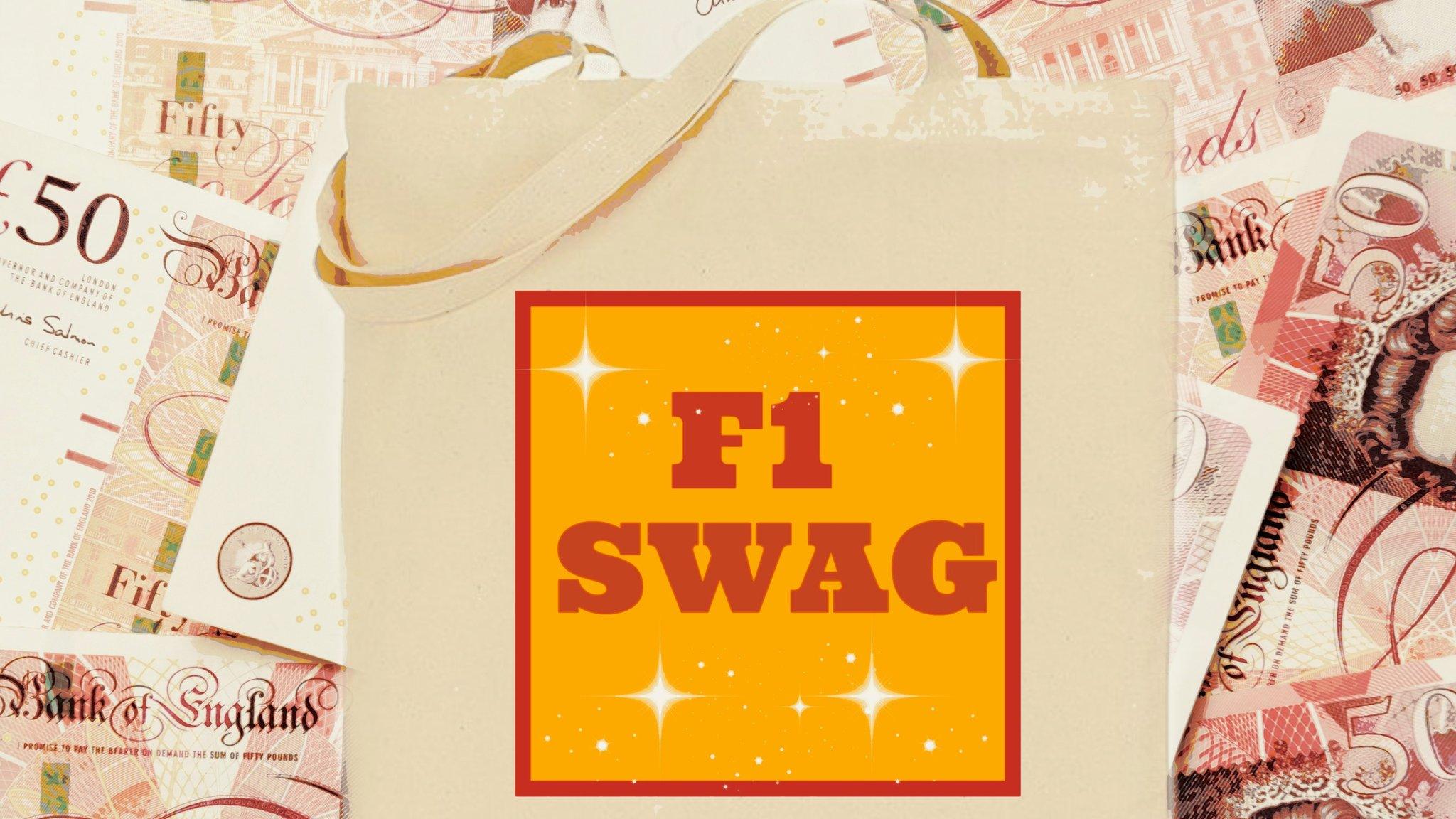Nigel Mansell: Briton voted greatest one-time F1 champion by BBC Sport readers
- Published
- comments
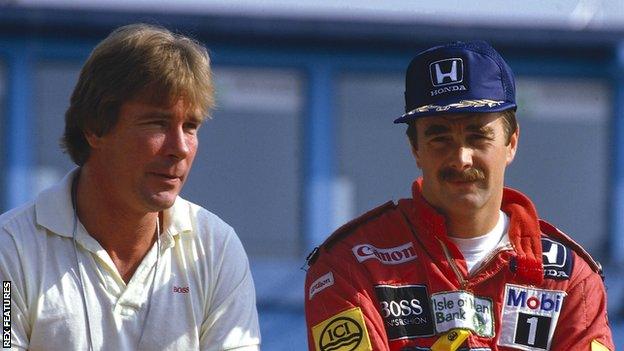
Top of the class: Nigel Mansell, right, seen here with James Hunt
He's seventh on the all-time list of grand prix winners, enjoyed a stellar 15-year career and was rated by many as the strongest and bravest driver in an era of megastars - and now Nigel Mansell has been named Formula 1's greatest one-time world champion by BBC Sport readers.
On the back of Nico Rosberg winning his first - and, as it's turned out, only - F1 title in November, we asked you to select your favourite one-time champion from a list of the 17 men to achieve that feat.
You voted in your thousands and in the end the result came out overwhelmingly in favour of 1992 champion Mansell, who attracted nearly a third of the vote.
His 32% share was almost double that of fellow Briton James Hunt, the 1976 champion, who got 17%. Recently retired Jenson Button, title-winner in 2009, completed the top three with 14%.
The BBC's chief F1 writer Andrew Benson is among those who rank Mansell as the best in this particular field.
"It's a close call with John Surtees and Jochen Rindt," he said. "But it has to be Nigel Mansell, all that muscular bravery and speed allowing him to race toe-to-toe with Ayrton Senna and Alain Prost and hold his head high."
Your top five (Based on most number-one picks) | |
|---|---|
1. Nigel Mansell | 32% |
2. James Hunt | 17% |
3. Jenson Button | 14% |
4. Kimi Raikkonen | 12% |
5. Jochen Rindt | 5% |
6 Damon Hill, 7 John Surtees, 8 Jacques Villeneuve, 9 Mario Andretti, 10 Nico Rosberg, 11 Mike Hawthorn, 12 Alan Jones, 13 Giuseppe Farina, 14 Jody Scheckter, 15 Keke Rosberg, 16 Phil Hill, 17 Denny Hulme | |
Why did Nige get the nod?
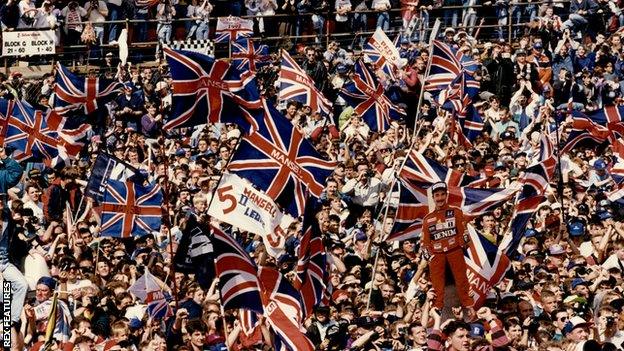
Record crowds turned out to support Nigel Mansell at Silverstone as 'Mansell mania' reached its peak in the late 1980s and early 1990s
The road to F1 was a rocky one for Mansell, marred by serious injury and financial difficulty, and it remained turbulent after he finally clawed his way into the elite with Lotus in 1980.
His three races in that debut season brought two retirements and one failure to qualify. To add injury to insult, he also severely burned his backside in his very first race, in Austria, after fuel leaked on to his seat.
It was a painful moment but also a prescient one, because high drama mixed with a dollop of gritty determination were traits that would come to typify Mansell's F1 career.
In Dallas in 1984 he famously collapsed after pushing his car over the finish line in scorching temperatures, while at the 1987 Austrian Grand Prix at the Osterreichring he banged his head on a low-bridge during the post-race celebrations.
It took him five long years to win his first race - the 1985 European Grand Prix at Brands Hatch for Williams - after which the victories came thick and fast.
His first spell at Williams brought world title tilts in 1986, when a blown tyre famously ended his hopes in Adelaide, and 1987, when a heavy qualifying crash in Suzuka did likewise.
But among the pain and frustration there were major successes, most memorably on home soil at the British Grand Prix, which he won on four occasions, in 1986, 1987 - a race famous for Mansell's stunning overtake on Nelson Piquet into Stowe - 1991 and 1992.
Writing in 2013, the BBC's chief F1 writer Andrew Benson described that 1987 Silverstone win as the "consummation of a love affair that lasted until Mansell's retirement in 1992".
The written media gave it another description: 'Mansell mania'.
"In that period, Mansell became synonymous with Silverstone," added Benson.
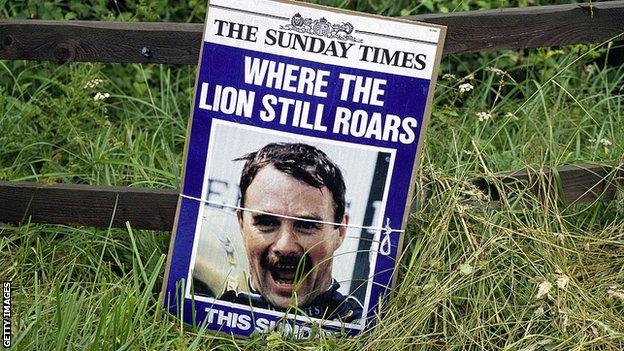
Mansell was big news for the British media, as this tub-thumping Sunday Times advertisement from 1992 shows
"He set the fastest lap in every one of those races between 1987 and 1992. It is little wonder, then, that more than 200,000 people crammed into Silverstone to watch his final, dominant, victory before his home crowd."
That 1992 Silverstone triumph was part of his crushing march towards that season's world title, which he finally wrapped up in Hungary - 12 years and 176 races after his debut.
After quitting F1 at the end of 1992 to race in the USA - where he won the IndyCar series at his first attempt - he returned for a handful of races in 1994 and 1995 at Williams and McLaren.
His final win at the 1994 Australian Grand Prix was the 31st of his career - the highest tally of any one-time champion. It was eclipsed at the time only by Alain Prost and Ayrton Senna, and subsequently by Michael Schumacher, Lewis Hamilton, Sebastian Vettel and Fernando Alonso.
What else do the results tell us?
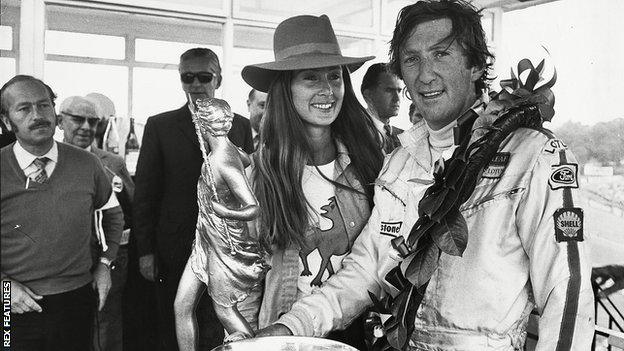
Thousands of you selected Jochen Rindt as your top pick among the 17 one-time champions
The overall result make interesting reading, with a clear trend towards British drivers - indeed 73% of all number-one votes cast went to drivers representing these shores.
In addition to the top three, 1996 champion Damon Hill picked up 4.9% of top-rank votes, John Surtees, the 1964 title winner, 4.6%, and Mike Hawthorn, Britain's first world champion in 1958, attracted 1.4%.
Kimi Raikkonen, the 2007 champion, leads the charge for non-British drivers in fourth place, while Jochen Rindt, the 1970 winner and the sport's only posthumous champion, takes fifth.
Elsewhere, Giuseppe Farina, the first F1 world champion in 1950, has not seen his exploits lost in the fog of time after attracting more votes than Jody Scheckter (1979 champion), Keke Rosberg (1982), Phil Hill (1961) and Denny Hulme (1967).
And finally, the other thing to take from this is to not assume that just because someone is currently making headlines they are going to attract loads of votes.
The newest world champion on this list, Nico Rosberg, is down in 10th place after attracting just 1.8% of all top votes cast.
- Published3 July 2012
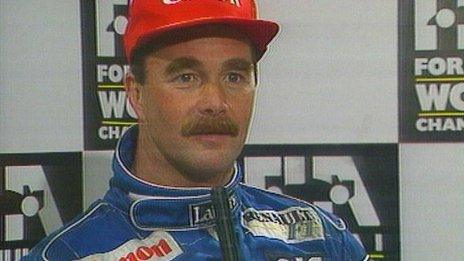
- Published24 December 2016
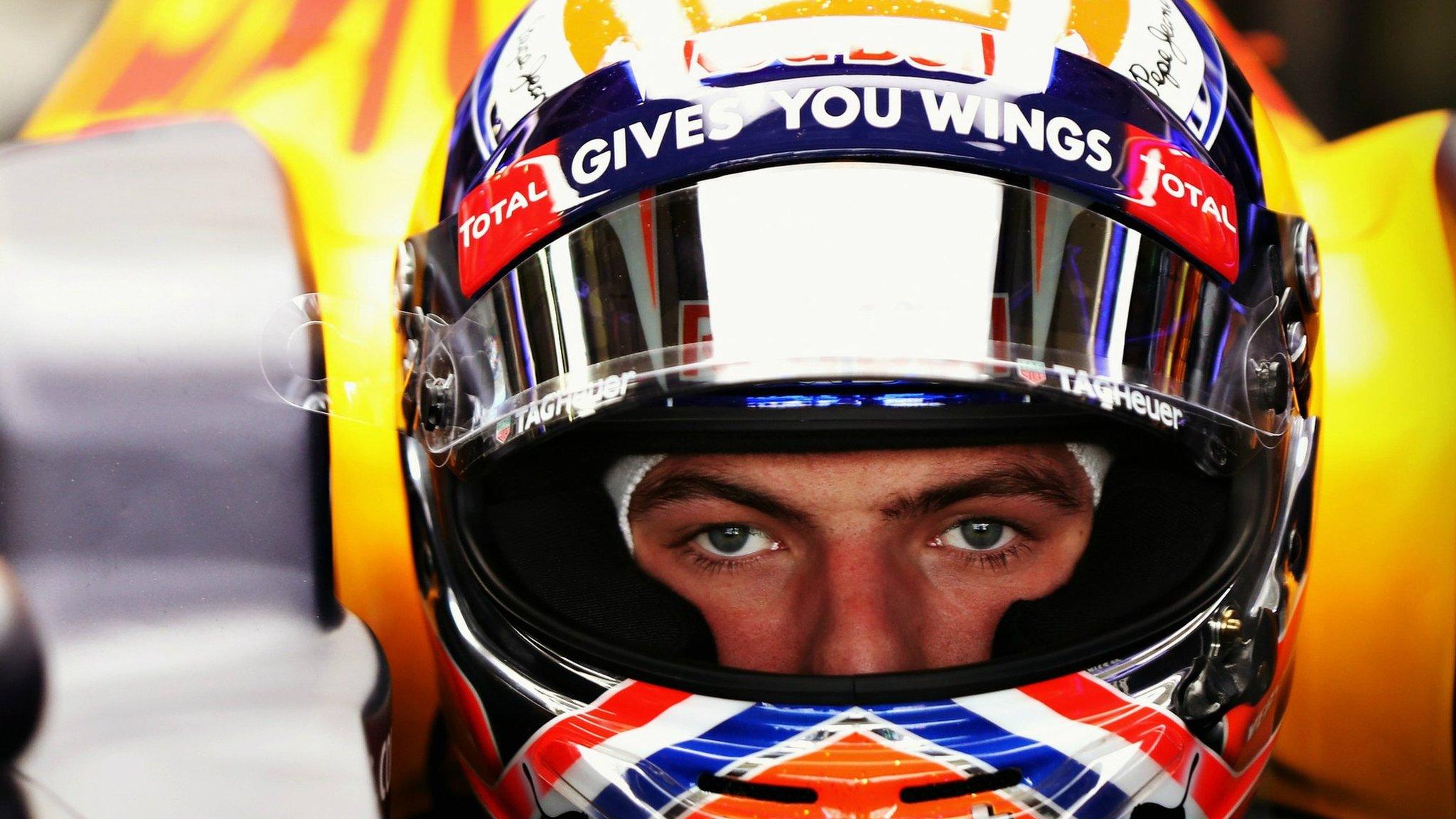
- Published24 December 2016
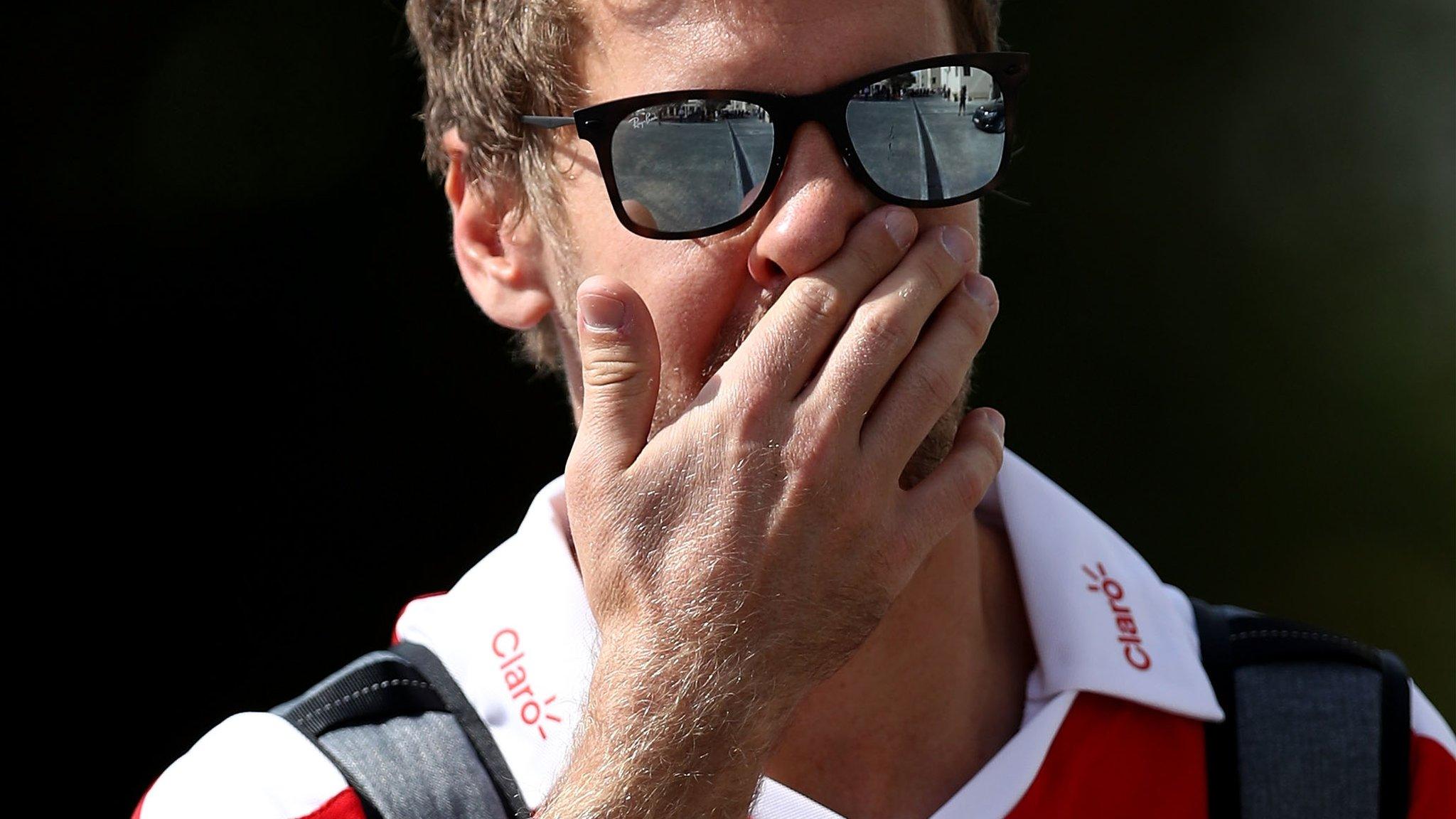
- Published27 November 2016
